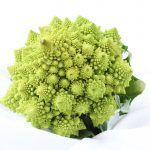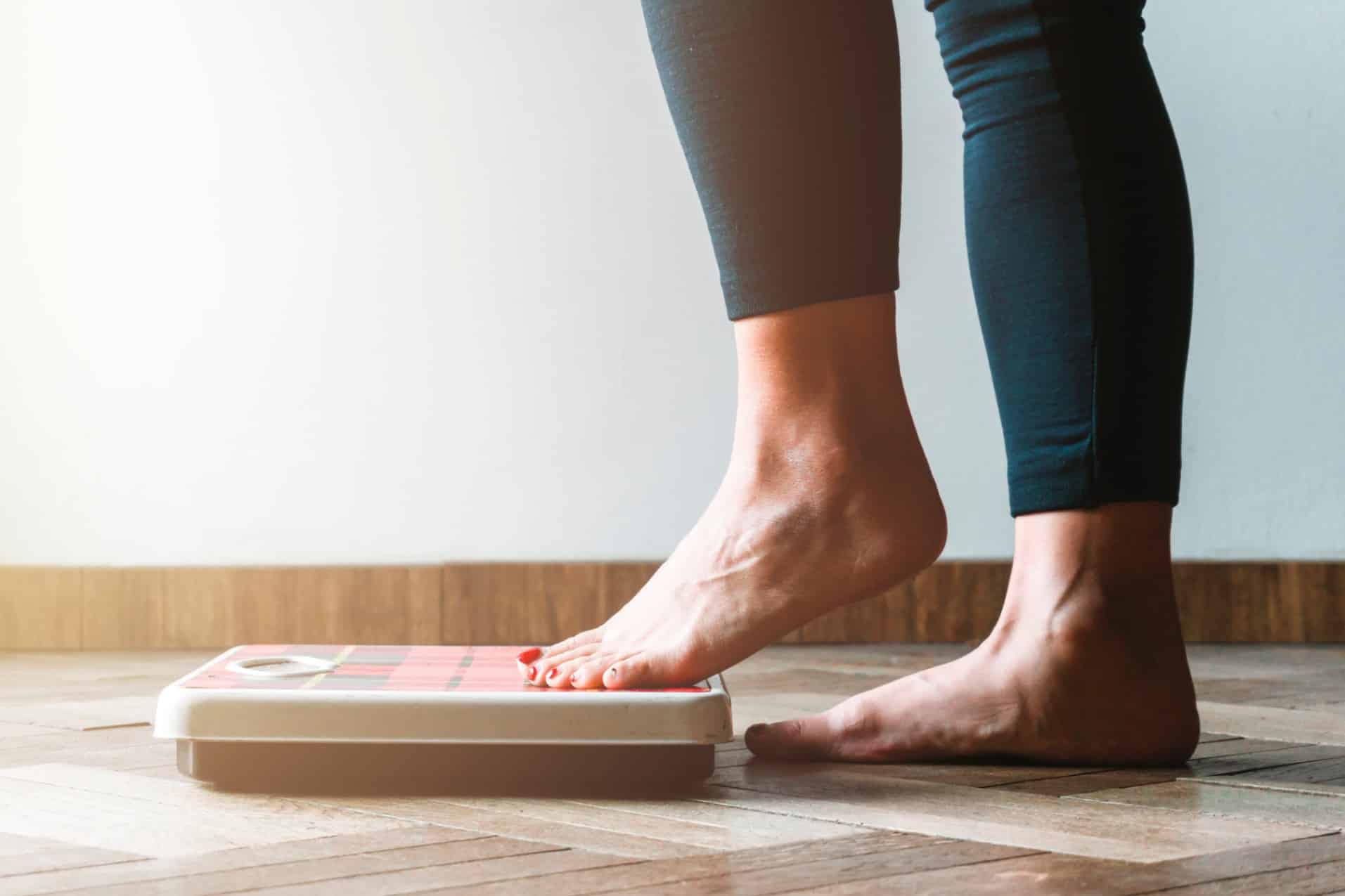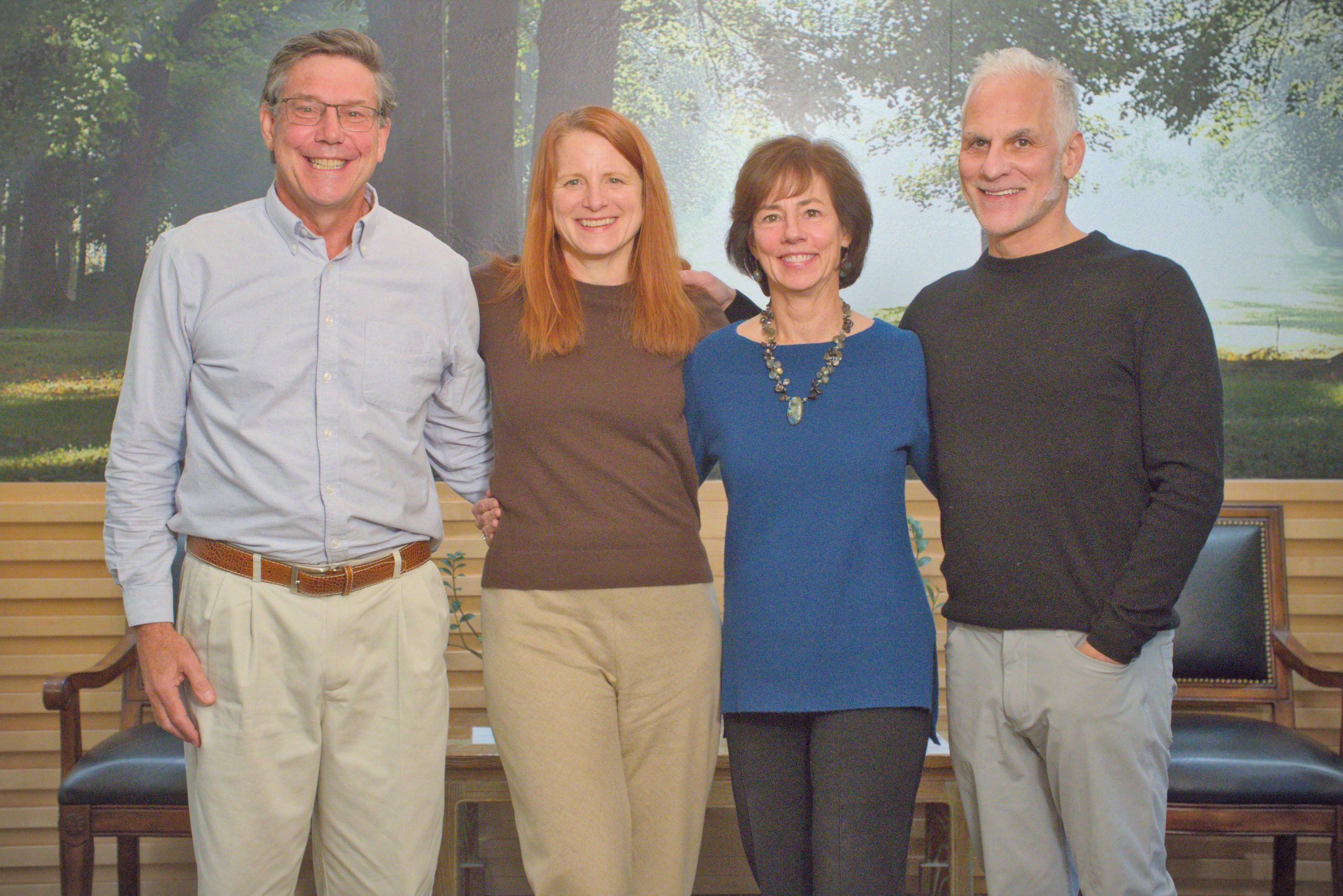In my work as a Functional Medicine nurse and health coach, I routinely help my patients find hope. When someone is discouraged and I help them feel more hopeful, I know they are much more likely to get well. I always intuitively knew this was true, but what does research say about hope’s impact on our health? I was intrigued and decided to find out.
One day, I sat at my computer and started to pull up articles, but as soon as I did, I noticed a problem. I felt a little blue. I was starting my research in the midst of the winter cold and darkness, and the current state of the world is, well, not inspiring much hope. So, there I was, trying to research hope but I wasn’t feeling very hopeful! The irony.
I knew I had to research my own relationship with hope first. How did I find it when I didn’t feel it, and what did it do for me when I had it? That’s what started me on an inner journey to understanding the impact of hope on my life.
What does hope feel like? Hope to me is a feeling of positive expectation. One definition I found:
Hope is an optimistic state of mind that is based on an expectation of positive outcomes with respect to events and circumstances in one’s life or the world at large. As a verb, its definitions include: “expect with confidence” and “to cherish a desire with anticipation.”
There have been times in my life when I had to make a big change and needed to be inspired with hope. I have been through many losses as well as illness, as have many of us have. I asked myself how, when I was in such a difficult situation, did I get to a place of positive expectations? I remembered a few strategies that worked, including seeking out what helps me feel good and avoiding that which brings me down. I chose to take a break from the news, I walked in the woods, I spent time with people who are kind and funny. As best I could, I choose to feel grateful and expect the best. Yet, the most effective strategy for me was this:



Vegetables and flowers? Well, sort of. For me, it’s about exploring nature and the mysteries of the universe. This gives me a feeling of positive expectation, and brings to light the inherent goodness in life. Notice the beautiful spiral patterns in the vegetables and sunflower above. These spirals reveal the patterns by which much of nature grows. What’s fascinating to me is that the spirals grow in a consistent mathematical ratio, which provides efficiency as well as beauty. For me, this is magical and provides me with a sense of awe and ultimate goodness: There is something out there doing something. We don’t know what and how but there is and it is good.
While finding patterns in nature that everyone can see may evoke a sense of hope in me, hope itself is not tangible. You cannot necessarily measure hope’s impact on your life the way you can diet, exercise, or supplements. But if hope was so tangible it could be put into a pill, taking it would:
- Help you live longer.
- Improve recovery from illness.
- Cause changes in your brain that relieves pain.
- Reduce anxiety and ease depression.
- Buffer you from the impact of stress.
- Promotes healthy behaviors, including fruit and vegetable consumption, regular exercise, safe sex practices, and quitting smoking!
- Increase your work productivity, motivation, and make it more likely to have the things you desire most.
- Increase motivation, helping guide appropriate action and strategies towards your goals.
WOW! Would you take this pill? I know I would! But hope is not a pill, it’s a feeling! And what I find most intriguing is that hope research shows the elements of hope—belief and expectation—use the same pathways in our brains as the placebo phenomenon. Think about that. If a person believes a certain effect may happen, even if they were given a sugar pill, they may experience the effects of the “medication” anyway: pain relief, lowered blood pressure, etc. just on belief! This is also true with hope. If you are truly hopeful, this can change your physiology! So, here are my suggestions for feeling more hopeful in times of stress, suffering, uncertainty, etc.:
- Spend time questioning what gives you hope and meaning. It could be nature, your spiritual/religious beliefs, self-help or spiritually-oriented books or spending time family.
- Spend less time focused on what brings you down and triggers feelings of hopelessness. I recommend taking a break from the news.
- Visualize what you would like to happen in your life and how you would like to feel as a result. Imagine, in detail, your ideal health, relationships and work in a way that makes you feel happy. Then, write it down! There is powder in visualization and writing down your dreams. This often starts you on the path to hope and inspiration.
- Practice! Whatever it is you are going through, imagine a good outcome and generate the feeling. When thinking negative, stop. Ask yourself, well what if it could turn out better than I’m imagining? And if it doesn’t, assume something even better is coming! We always have a choice in how we get to see something. Practice going to a better feeling thought. This is not about wishful thinking, or false hope. It is the practice of cherishing a desire with anticipation. Remember: Just the feeling of positive expectation is what gets the psychological biochemical and spiritual benefits going!
Hope is a virtuous cycle, start embracing it in your own life today.




